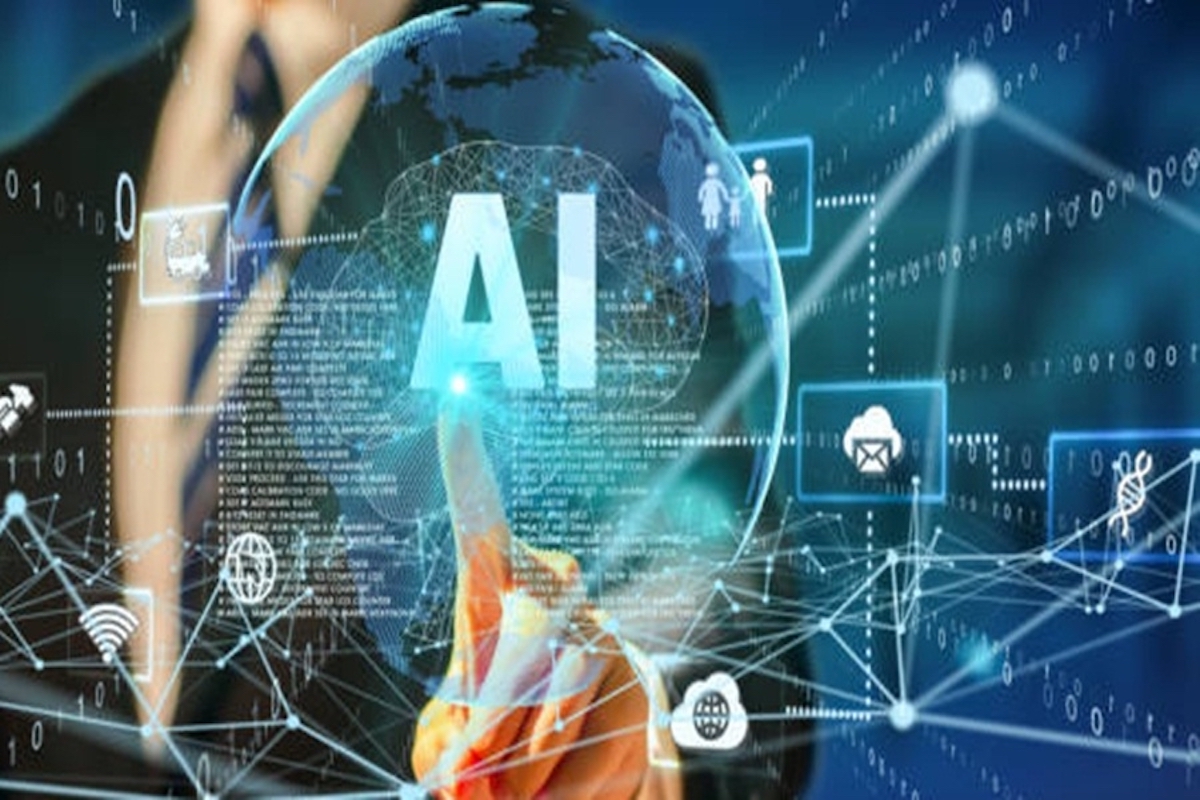About 71 per cent of enterprises globally are experimenting with real use cases for generative AI and over the next decade, generative AI will be the fulcrum that accelerates business growth, according to a report.
According to Forrester, firms that actively harness generative AI (genAI) to enhance experiences, offerings, and productivity will realise outsized growth and will outpace their competition.
Advertisement
Between July and September 2023, the number of enterprises that are in the experimentation and expansion stages of implementing genAI jumped from 62 per cent to 71 per cent, representing one of the fastest mass adoption rates of a new technology in the enterprise.
“Generative AI has the power to be as impactful as some of the most transformative technologies of our time,” said Srividya Sridharan, VP and group research director at Forrester.
The mass adoption of generative AI has transformed customer and employee interactions and expectations.
“As a result, genAI has catapulted AI initiatives from ‘nice-to-haves’ to the basis for competitive roadmaps. Forrester’s research is designed to help business and technology leaders utilise genAI to gain a long-term competitive advantage,” Sridharan added.
GenAI use cases most often involve the augmentation or transformation of an existing product, service, or business process.
“In initial prototypes and use cases, select projects that lean toward employee-facing or offline generation, as opposed to real-time generation with a chatbot,” the report informed.
To harness genAI successfully, both employees and leaders need to upskill continually. These include technical as well as soft skills to communicate the impact of genAI transparently and openly with employees.
“Foundational models are powerful tools but accessible to everyone. To create differentiation, organisations should rely on their own business data to build genAI models and applications,” according to the report.











